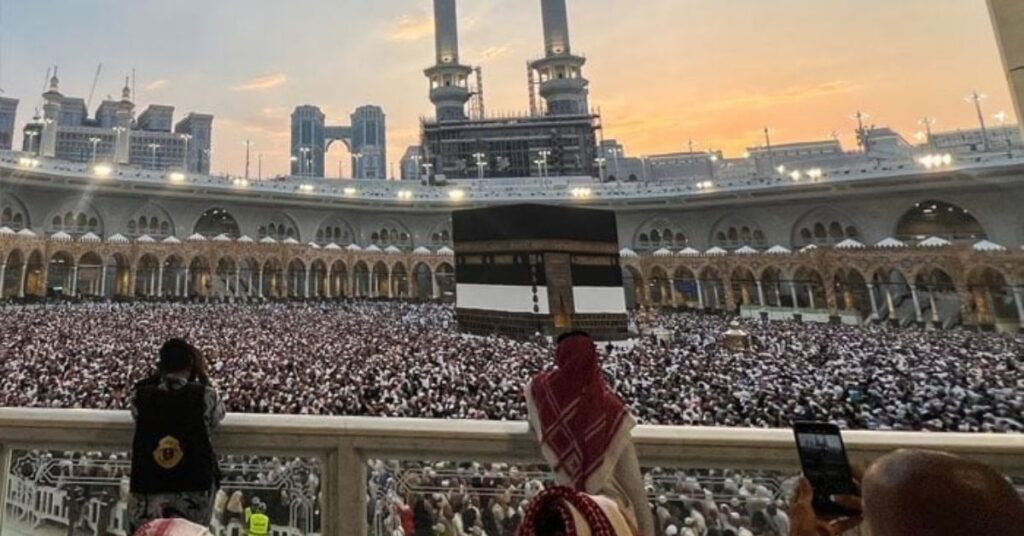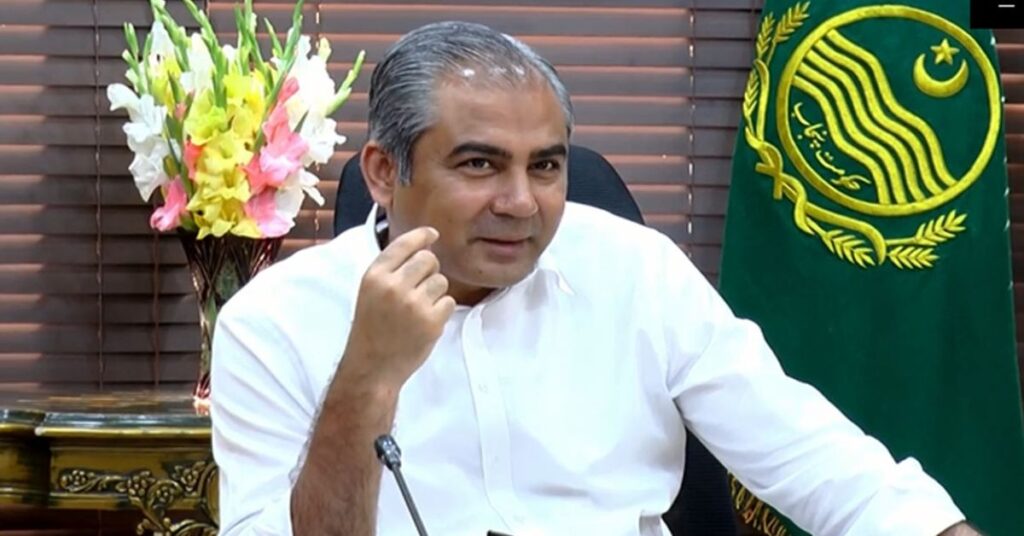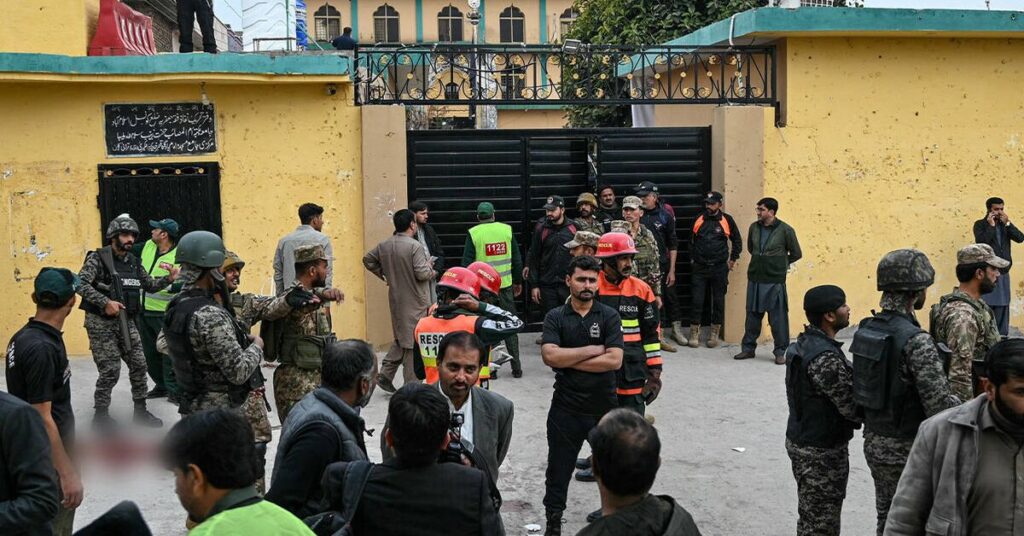ISLAMABAD (Kashmir English): The Pakistani government launched ‘Cost Sharing Scheme for E-Bikes and Loader Rickshaws’ funding approximately 116,000 e-bikes and 3,170 e-rickshaw loaders in the fiscal year 2025-26, providing citizens an opportunity to adopt greener, cleaner transportation.
The vehicle distribution shall be done in two phases. The first phase will distribute 40,000 e-bikes and 1,000 e-rickshaws/loaders, and the second phase will distribute the remaining 76,000 e-bikes and 2,171 e-rickshaws/loaders.
There has been an introduction of a special quota system to promote inclusivity. A minimum of 25% of e-bikes will be set aside for women, and a maximum of 10% can go to people who are involved in businesses like courier and delivery services. For rickshaws and loaders, 30% of the quota is set aside for fleet operators.
Eligibility Criteria
The program is available to all Pakistani nationals holding a valid CNIC, including those residing in Gilgit-Baltistan and Azad Jammu & Kashmir, within specified age brackets.
For e-bikes, the age requirement is between 18 to 65 years, and for rickshaws/loaders, between 21 to 65 years. Fleet operators, too, can apply for rickshaws/loaders, with the eligibility determined by a steering committee.
In order to make funding affordable, the government will give capital subsidies of Rs 50,000 per e-bike and Rs 200,000 per loader/rickshaw.
The loans will be based on an 80:20 debt-to-equity ratio, where the equity amount will consist of both the subsidy and the borrower’s amount. If the subsidy pays for the entire equity amount, borrowers won’t have to make any payment.
The loans to end users will be interest-free, with the government covering the full markup expense. Repayment terms range from a maximum of two years for e-bikes and three years for loaders/rickshaws, while monthly installments pay only principal and insurance.
The SBP said the scheme will run on an electronic lending platform to ensure minimal human interaction. Banks will connect with the platform to facilitate ease of information exchange.
Vehicle models and suppliers will be shortlisted by the Engineering Development Board (EDB), while manufacturers are expected to ensure timely delivery and offer frequent after-sales maintenance.




